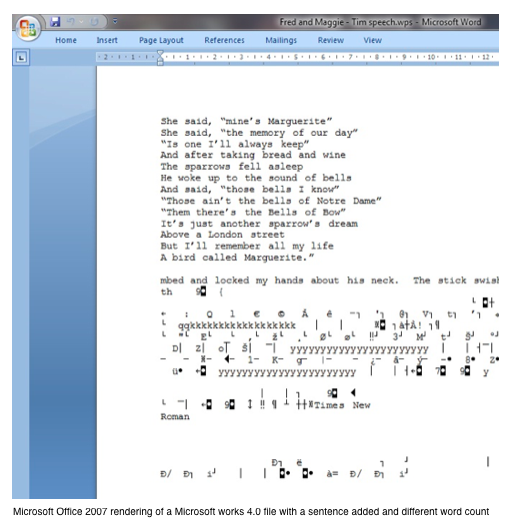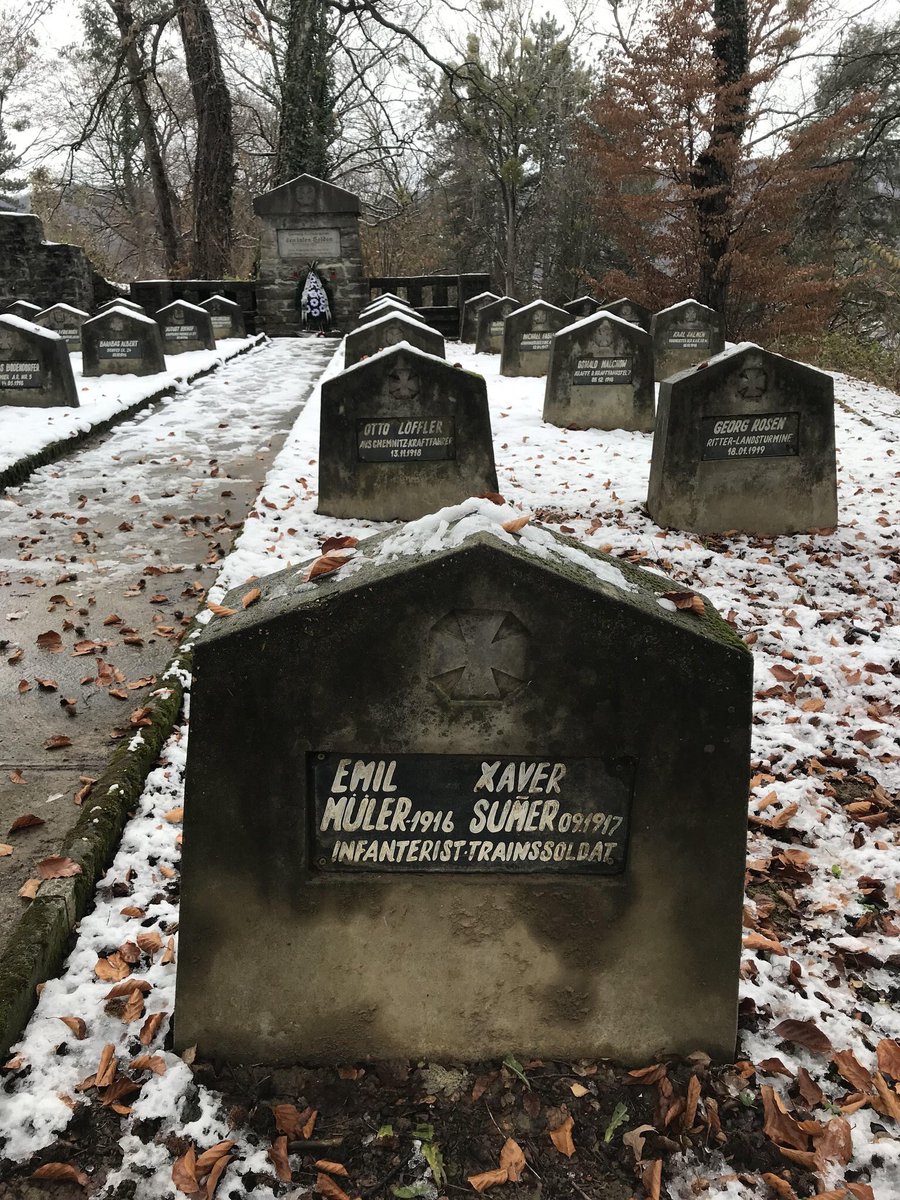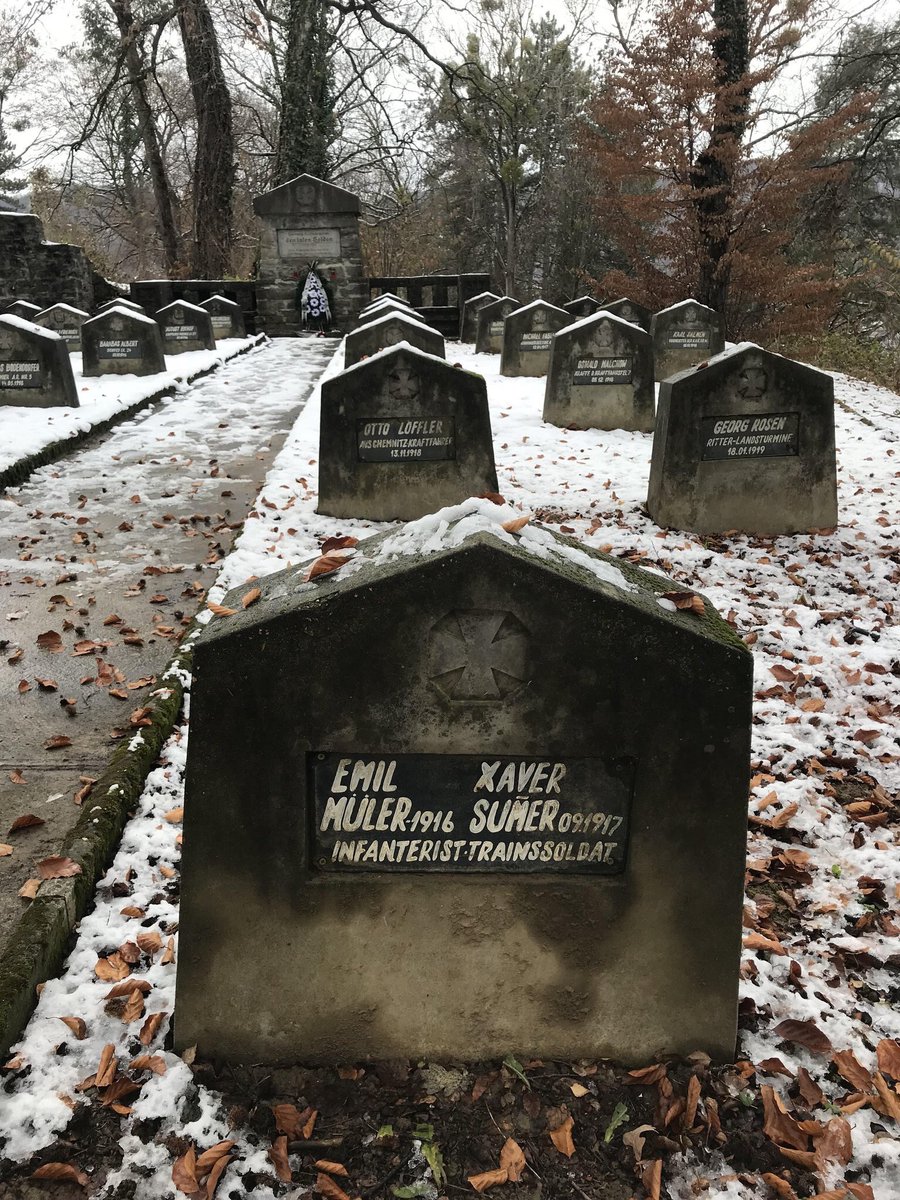Note: assume ever tweet below has asterisks because there are almost always complications and exceptions.
The tangible, physical master recordings, from which all later copies are made - and -
The copyright in the sound recordings, or the performance of those songs.
So if an artist did that, it wouldn't be copyright infringement but it would breach the contract.






